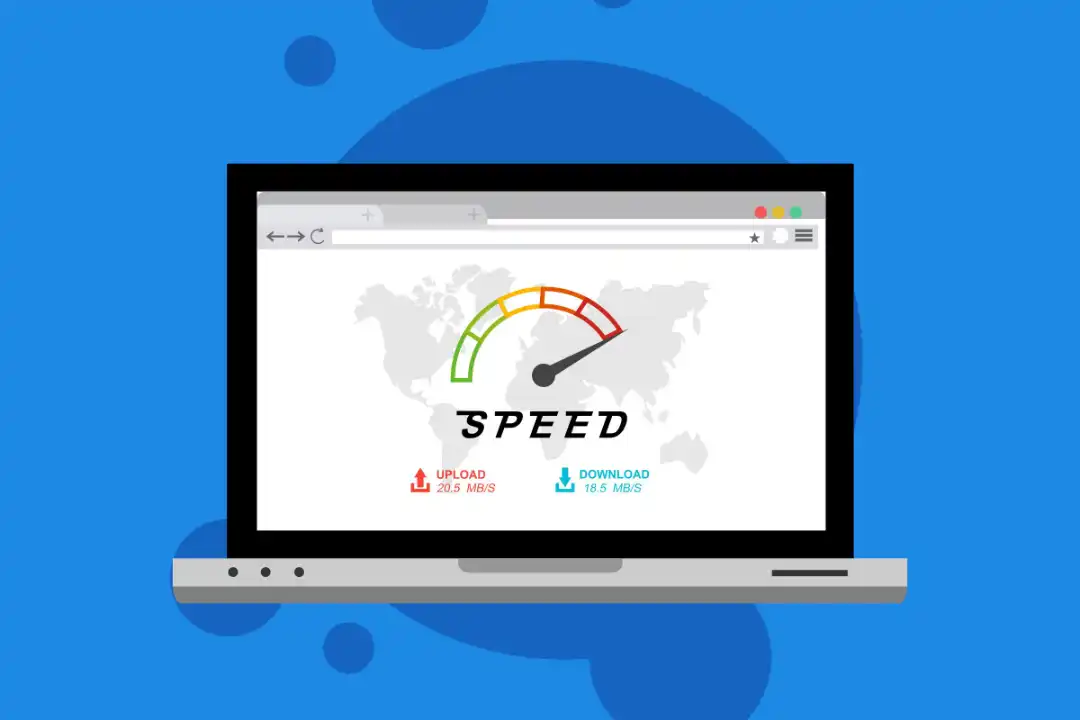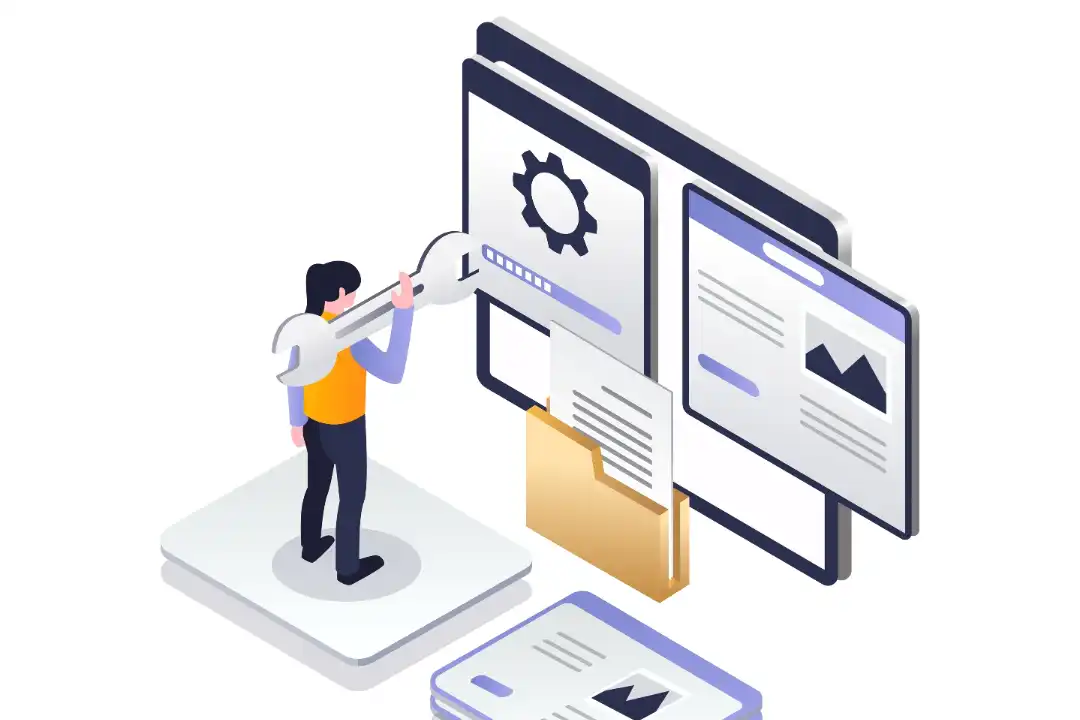WordPress Speed Optimization

Why do Websites Get Slow?
Several factors contribute to slow website loading speeds. Common issues include having large, unoptimized images on your pages, using cheap shared web hosting, and running too many plugins in your site framework.
WordPress performance can be dramatically impacted by running too many plugins – which often end up conflicting with each other – all trying to load before the page content is displayed. This causes a bottleneck which, from the user’s perspective, appears as a slow, non-existent or unresponsive web page. Fortunately, it is possible to optimize WordPress sites, so they perform at their fastest.
Other reasons why websites get slow include being hacked, misconfiguration (the theme or core framework is incorrectly set up), or the whole site is simply out of date and running on old software.
How I Can Speed up your WordPress Site?
The first step is to analyze the site and discover key performance risks and strengths. I often suggest deploying a CDN (content delivery network) so that images and scripts are served from a location close to your users.
It may be the case that we need to physically relocate the site to a server near your core customer demographic. Often, however, through cache optimization, code audit, and software updates, we can dramatically increase website speed and responsiveness. Many times, merely optimizing some of your large image files can make a world of difference.


WordPress Speed Optimisation Process
In my 7+ years in WordPress design & development, I’ve come to learn that your WordPress site speed is one of the defining factors in how your website ranks in search results. My WordPress speed optimization service ensures that your WordPress site:
- Loads faster
- Improves UX
- Reduces bounce rate
- Pleases the Google gods
- Ranks better
Have a project of your own, small or big, I've got you covered! Contact me for your WordPress Speed Optimization
ExcellentBased on 7 reviews
 Vivian Nyagah2024-06-10I highly recommend Peter for any website technical support needs. He’s not only knowledgeable and efficient but also incredibly patient and easy to work with. Peter has been a lifesaver in troubleshooting and fixing issues on my website.
Vivian Nyagah2024-06-10I highly recommend Peter for any website technical support needs. He’s not only knowledgeable and efficient but also incredibly patient and easy to work with. Peter has been a lifesaver in troubleshooting and fixing issues on my website. Amondi Dulo2024-06-06Working with Peter was a fantastic experience. He is incredibly reliable and always available to address any concerns or questions.
Amondi Dulo2024-06-06Working with Peter was a fantastic experience. He is incredibly reliable and always available to address any concerns or questions. dinah mukami2024-06-06We've been relying on Peter for our website's technical support for the past four years, and he has never disappointed. He is knowledgeable, professional, and always available to troubleshoot and fix problems promptly.
dinah mukami2024-06-06We've been relying on Peter for our website's technical support for the past four years, and he has never disappointed. He is knowledgeable, professional, and always available to troubleshoot and fix problems promptly. Mike Sutherland2024-05-06Very reliable and responsive. We have been using Peter professionally for a few years now.
Mike Sutherland2024-05-06Very reliable and responsive. We have been using Peter professionally for a few years now. Zye Queen2024-01-24Fulfilling
Zye Queen2024-01-24Fulfilling annairene irungu2024-01-24
annairene irungu2024-01-24 Diana Wanjathi2024-01-24
Diana Wanjathi2024-01-24
